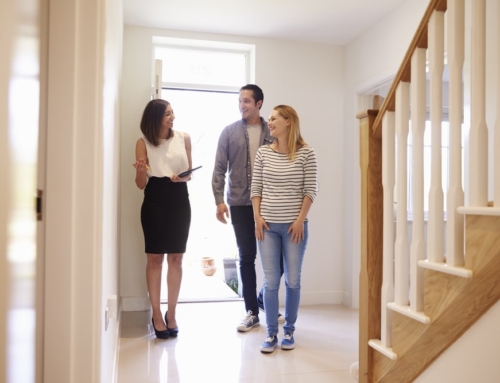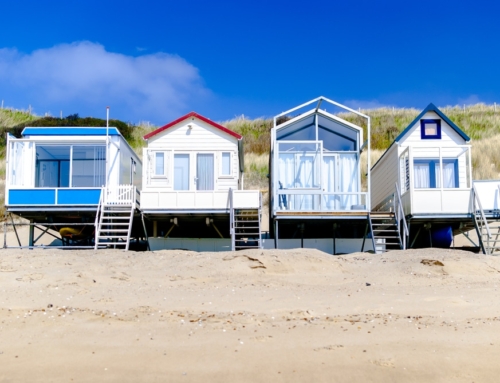 Q: I am a retired 63 year-old with a combined income of $37,000 annually. My wife will begin collecting an additional $704 per month in Social Security starting this November. We both have excellent credit scores of 800.
Q: I am a retired 63 year-old with a combined income of $37,000 annually. My wife will begin collecting an additional $704 per month in Social Security starting this November. We both have excellent credit scores of 800.
Here’s our situation: We purchased our home in 2004 for $125,000, have a balance of $76,000 on the loan. We are considering selling our house because we would like to move to Las Vegas. With our fixed income, are we qualified to buy a $200,000 house with at least 30 percent down on a 15-year fixed mortgage?
A: According to Mike Rose, a loan officer for Wells Fargo, you may technically qualify for the loan terms you’re seeking, but the caveat is that you must have the additional income from Social Security in place by the time you’re ready to purchase your property.
If you can sell your home and walk away with $50,000, that’s a 25 percent down payment. If you increase that to 30 percent, and get a 15-year fixed-rate loan for the rest of the sales price, you’d wind up with a monthly payment of around $1,000 with a 3.75 percent interest rate, excluding taxes and insurance.
Based on your income, Rose said you should search for a property that carries a property tax burden of less than $3,000 per year, though he admits that being based in Atlanta he is not entirely familiar with the property tax structure in Nevada.
Your debt burden will also be a consideration. So for you to qualify, you not only need to get a fair amount of cash from the sale of your current home, and perhaps add some money to that for the purchase of a new home at around $200,000, but you may be stretched to qualify for that loan.
But what about buying a less expensive home. You’re moving to Las Vegas, where home prices have fallen 50 to 60 percent in some cases. It’s possible that you are over estimating the amount of money you’ll need to purchase a quality home in a neighborhood you like.
If you could spend just $150,000 or less to purchase a home, that should make it easier for you to qualify for a mortgage – and might even allow you a little extra pocket change for other expenses.
Remember, getting a mortgage these days is harder than it was a couple of years ago. Make sure you have all your paperwork in order and you understand what your expenses are and will be once you move, how much cash you have saved for not only the purchase of your home but for emergency situations and the money you need for your health care and retirement expenses.
Good luck and let me know how things play out.






Leave A Comment